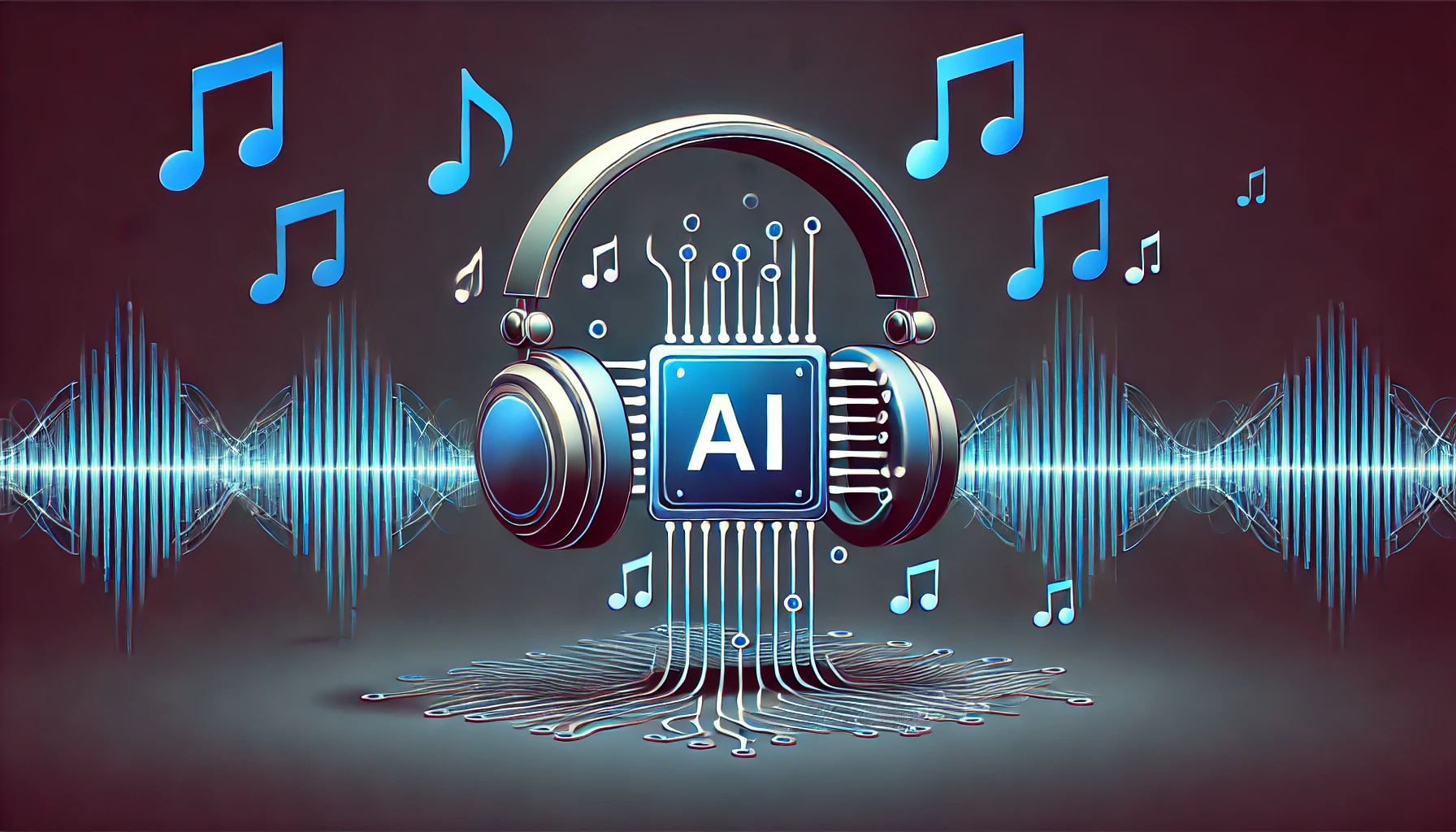Australia has announced that YouTube will be banned for children under 16 starting in December, reversing its earlier exemption from strict new social media age rules. The decision follows growing concerns about online harm to young users.
Platforms like Facebook, Instagram, Snapchat, TikTok, and X are already subject to the upcoming restrictions, and YouTube will now join the list of ‘age-restricted social media platforms’.
From 10 December, all such platforms will be required to ensure users are aged 16 or older or face fines of up to AU$50 million (£26 million) for not taking adequate steps to verify age. Although those steps remain undefined, users will not need to upload official documents like passports or licences.
The government has said platforms must find alternatives instead of relying on intrusive ID checks.
Communications Minister Anika Wells defended the policy, stating that four in ten Australian children reported recent harm on YouTube. She insisted the government would not back down under legal pressure from Alphabet Inc., YouTube’s US-based parent company.
Children can still view videos, but won’t be allowed to hold personal YouTube accounts.
YouTube criticised the move, claiming the platform is not social media but a video library often accessed through TVs. Prime Minister Anthony Albanese said Australia would campaign at a UN forum in September to promote global backing for social media age restrictions.
Exemptions will apply to apps used mainly for education, health, messaging, or gaming, which are considered less harmful.
Would you like to learn more about AI, tech and digital diplomacy? If so, ask our Diplo chatbot!







